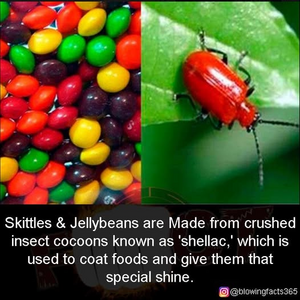Don't be stupid enough to buy subscription services, automobile edition:
Wait, Automakers Can Shut Off Connected Car Features At Any Time? Yes—and They Are
Whether its an app on your phone digitally linking you to your vehicle at all times or a button on the overhead console capable of reaching first responders or concierges, connected services are ubiquitous in new cars. Every major automaker offers roadside assistance, emergency response, an app, and more, much of it standard equipment that includes a free trial to get you hooked. What happens, though, when you car is a few years old? How long will those often subscription-based connected services continue to work or be supported by automakers? It may not be as long as you think.
Connected services is a catch-all term for everything your car can send and receive over the internet. It includes features such as automatic 911 call-outs after an accident, roadside assistance after a breakdown, over-the-air (OTA) software updates, vehicle health reports which can be sent to your dealer, wi-fi hot spots in the vehicle, and phone apps that allow you to connect to and even control some of your car’s functions.
They’re also big business. Most connected services require a paid subscription once the free trail (usually three months to a year) runs out. As more and more of them are added to your dashboard, automakers hope to make billions of dollars annually just on subscriptions. That doesn’t mean older vehicles will be supported forever, though...
Wait, Automakers Can Shut Off Connected Car Features At Any Time? Yes—and They Are










